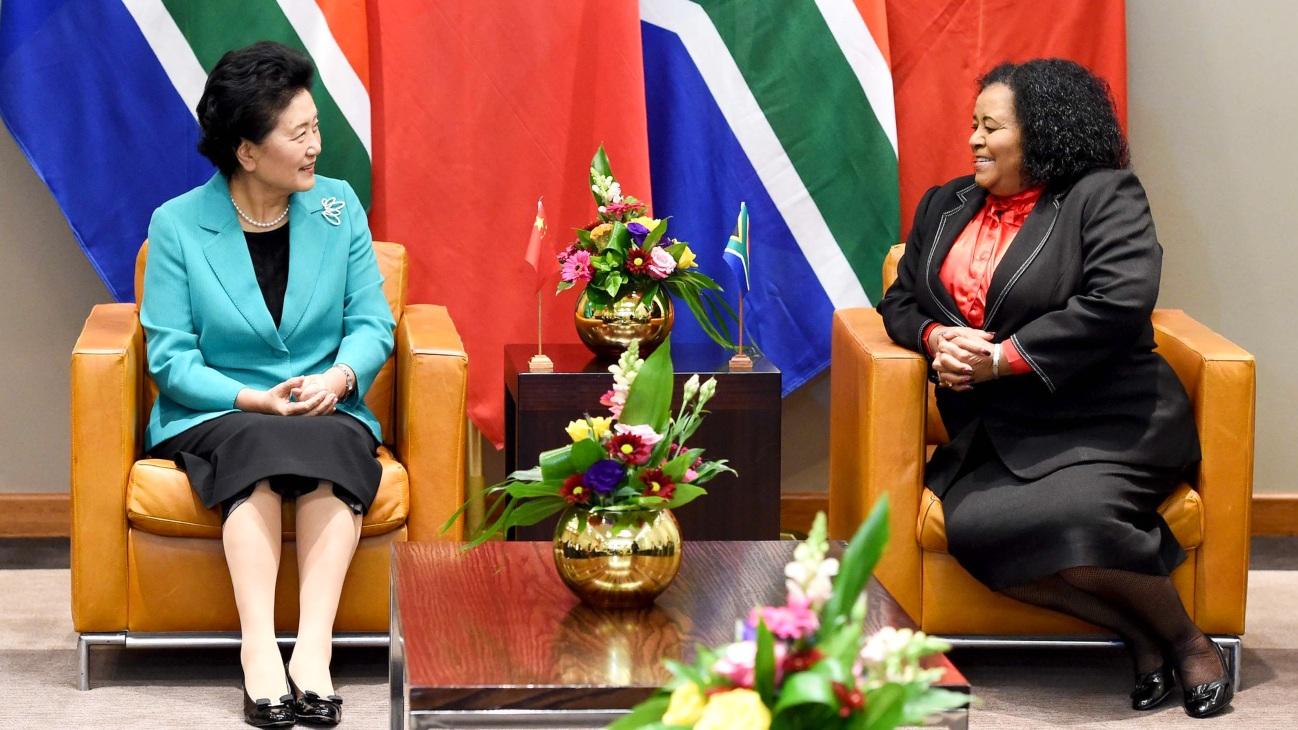The Future Is Now: A New Look at African Diaspora Studies is a collection of essays representative of new voices in this ever-expanding field. Writing in English, Spanish, French, and Haitian Creole, the volume’s contributors look at themes of memory, power, gender, identity within the fields of art, literature, film, and music. Despite its initial promise, Jason Hickel finds that the book as a whole falls short of presenting a successful challenge to outdated ideas about the African diaspora.
Vanessa Valdés’ new edited volume promises a “new look at African Diaspora Studies” and upon first glance does appear to be exactly the kind of text that students in the field would look to for fresh and fascinating insights. The book contains a number of thought-provoking essays focusing on the music, art, and literature of the African Diaspora, and includes contributions from a variety of positions: four well-established scholars (including, most prominently, Valdés and Gina Ulysse), four graduate students, and two curators from the world of art and photography. Even better, almost all of the authors are women, and two of the essays are written in Spanish, adding an important diversity of perspective. There’s a lot of potential here, but unfortunately the volume – taken as a whole – doesn’t accomplish quite as much as one might hope, and in the end falls short of realizing the grandiose aspirations of its title.
Individual essays do offer strong contributions. Valdés’ own chapter – the centrepiece of the book – gives an important account of Brazil’s literary history that foregrounds the contributions of Brazilians of African descent, exploring the country’s literature “from periphery to center.” Katya Isayev presents a captivating (if not entirely original) history of black minstrelsy in the US South that reads aspects of slave music and dance as hidden forms of resistance. And – my personal favourite – Brendan Wattenberg examines the work of three artists who play with archival material, public memory, and negative stereotypes about blackness to take photography in exciting new directions. Other contributions explore queer film in Haiti (Sophie Saint-Just), calypso music as a “secular religion” (Alison McLetchie), and Toni Bambara’s novel The Salt Eaters (Ashley David), among others.
Despite these strong components, however, the book as a whole lacks substantive vision. Born out of a 2010 conference at City College of New York (where most of the authors have been affiliated), the project is plagued by many of the problems associated with this kind of endeavour. While the chapters do have basic thematic continuity, it remains unclear what the book hopes to achieve and – more importantly – what it aspires to contribute to the field of Africana Studies.
It seems to me that this is largely the editor’s responsibility: Valdés’ brief and hastily assembled introduction and conclusion to the book don’t really clinch much of a point. In the introduction she claims that the book describes “the efforts of descendants of enslaved Africans to find their place in the world” through artistic expression, and calls for “celebration and acknowledgement of the vital contributions [that the African Diaspora] has made to national cultures throughout the Americas.” As these claims do little more than restate some of the obvious principles of Africana Studies, readers may be left to wonder what “new look” Valdés hopes to offer on the field.
In fact, far from pushing the boundaries of the field, the text tends to recycle some of the very tropes that scholars have been trying to get away from. For example, in the book’s opening pages Valdés asserts that the idea of “paying homage to one’s ancestors” is “integral to traditional African culture,” throwing around buzzwords like “ancestors”, “traditional”, and the all-encompassing “African culture” that obscure far more than they reveal about their referents. She also asserts that African cultures “share a worldview that life is holistic, that there is no separation between life and work, between sacred and profane.” Many might argue that these claims peddle a long outdated caricature of “African culture” as timeless, authentic, blissfully spiritual, and external to history – exactly the orientalizing stereotypes that scholars have worked hard to combat over the past few decades.
So, what is the future of African diaspora studies? While Valdés’ conclusion comes a bit closer to an argument, it doesn’t go much beyond vague exhortations about the value of interdisciplinarity and the importance of bringing the Hispanic and Lusophone worlds into the discipline’s mainstream (which, she says, is presently dominated by scholars who focus on the United States and the Anglophone and Francophone Caribbean). Indeed, in spite of the book’s title, it is my interpretation that Valdés and her contributors never seriously grapple with the field of Africana Studies as such or engage with its key thinkers and texts, except once, as a footnote buried in the conclusion. Without thorough grounding on this fundamental level, it’s no surprise that the book falls short of its mark.
Note: This article gives the views of the author, and not the position of the LSE Review of Books, nor of the London School of Economics.
The Future is Now: A New Look at African Diaspora Studies. Vanessa Valdés (ed).Cambridge Scholars Publishing. March 2012.
This post originally appeared on LSE Review of Books.
——————————————————————————————-
Jason Hickel is a postdoctoral fellow at the London School of Economics. His research focuses on Southern Africa and covers issues related to development, democracy, labour and political conflict.






